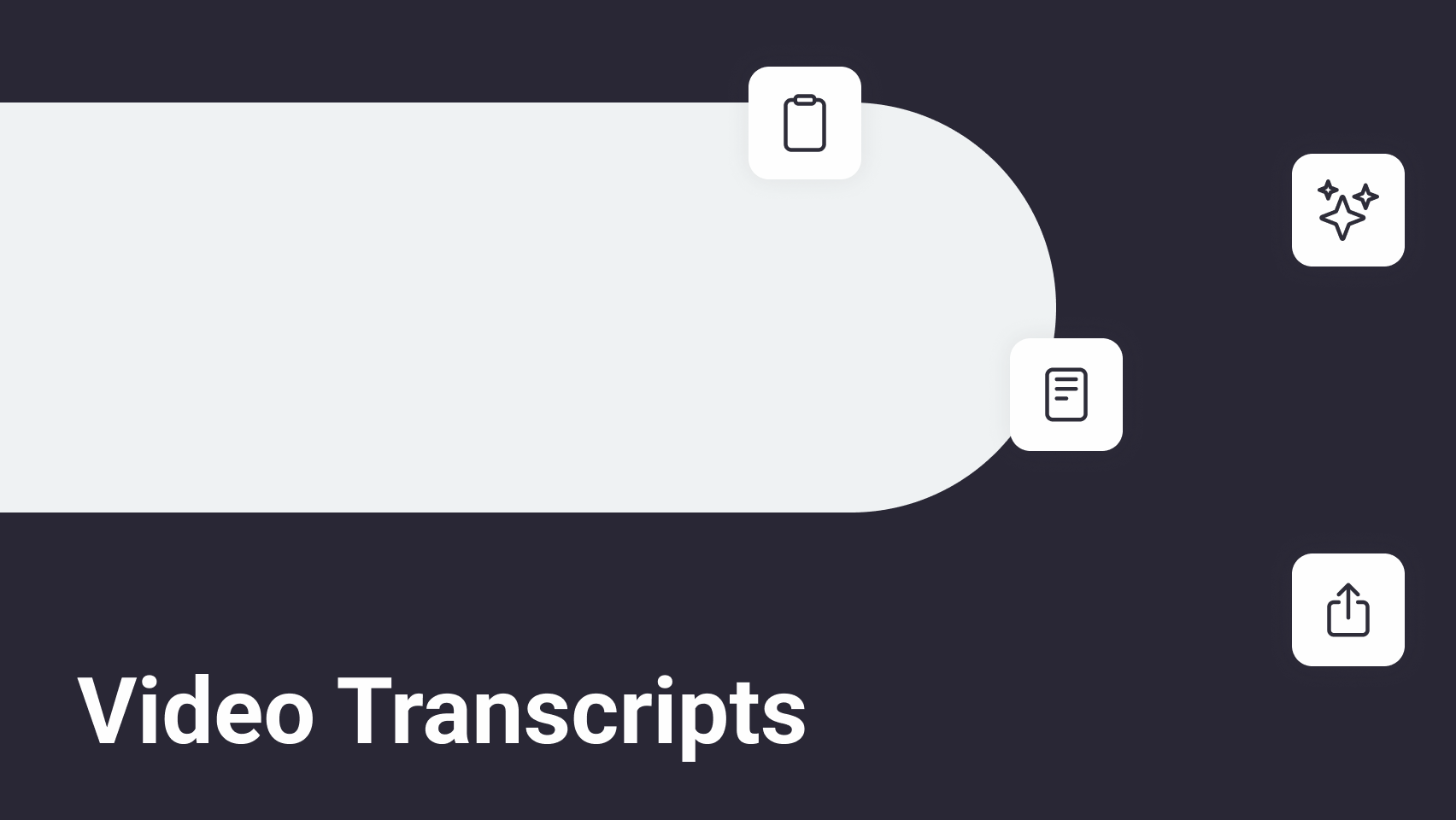What Is a Simple Sentence?

A good place to start learning about this topic is to understand the definition of a simple sentence:
- A simple sentence is a sentence that has one subject and verb and expresses a complete thought.
Let us take a look at an example of simple sentence to better understand what it actually is:
“I read.”
This is the simplest example possible; the sentence contains one subject, one verb, and nothing else. Importantly, even though this sentence is very short, it expresses a complete thought.
“When I am tired.”
Despite the fact that this sentence has one subject-verb pair “I am”, it is not a simple sentence because it does not express a complete thought. In this case it is unclear what happens when I am tired, so the reader or the listener is left expecting more information.
“I went to sleep because it was late.”
This is not a simple sentence, because this sentence has two subject-verb pairs: “I went” and “it was”.
“My friend’s coworker Tony, surprisingly enough, turned out to be my old school buddy and a close friend of my entire family for many years.”
This sentence is relatively long; however, it is still a simple sentence because it only has one subject-verb pair, “My friend’s coworker Tony” being the subject, and “turned out” being the verb. When trying to identify a simple sentence, you should not rely on the sentence length as the qualifying factor but instead, locate the subject and the verb and use that as the basis to judge if a sentence is simple or not. And don’t forget to make sure that it expresses a complete thought!
The Subject and The Verb – your keys to simple sentences
So, what does a simple sentence contain? The only mandatory part is the subject-verb pair, everything else like objects, complements, and adverbs is optional. Therefore, the key to identifying a simple sentence is being able to isolate the subject and the verb correctly. To do that, you need to understand what they are. Let’s start with the verb:
- The verb of a sentence is a word or a group of words that describe the action or the state of the subject.
There is one important point to pay attention to here: in the context of sentence structure, the verb agrees with the subject, meaning that the verb relates to the subject in meaning, and it can change its form based on the subject.
Let’s look at some examples:
“I want to go outside” – “want” is the verb here because it describes the state of the subject “I”. “To go” is not the verb, because it does not relate to the subject “I”, instead it acts as the object for the verb “want”, telling us what the person wants.
“He wants to go outside” – as you can see, the verb “wants” changed its form when we changed the subject, which is further evidence that this is the verb of this sentence.
“I am working on this” – “am working” is the verb, because it describes the action of the subject “I”
Next up is the subject:
- The subject of a sentence is a thing or a person that the sentence is about. It performs the action described by the verb, or it is what is described by the verb.
Similarly, the key thing to note here is that the subject agrees with the verb.
“He is a tall guy” – “He” is what the verb “is” describes and who the sentence is about, therefore it is the subject.
“I am a tall guy” – Changing the pronoun changes the form of the verb, which tells us that indeed it is the subject.
“The cat jumped onto the windowsill” – “The cat” is what the sentence is about, and it is what performs the action “jump” in this sentence, so it is the subject.
It is possible to find the subject by looking at what performs the action. However, you may run into trouble with that approach in some cases, for example, “He was apprehended by the police” – in this case, the police perform the action, but they are not the subject of this sentence. You can encounter similar trouble with the verb, especially in longer sentences with higher complexity. This is why it is important not to focus on a single part of their definitions, but take it more as a set of indicators. The more indicators are true, the more assured you can be that what you are looking at is indeed the subject or the verb.
The second piece of advice here is to not look at subjects and verbs separately because that makes it harder to identify them correctly. You probably have noticed that even the definitions of the subject and the verb call to each other. That is why it is very helpful to try to identify the subject-verb pair instead of trying to look for them in isolation from each other. One of the most dependable indicators of the subject is its agreement with the verb and vice versa, meaning that they relate and depend on each other both in meaning and form. Let’s take a look at one more example to better understand what subject-verb agreement is:
“A person works at the store”
Meaning dependency
- If you remove the word “person”, the word “works” loses in meaning:
“Works at the store” – it is very unclear what is going on here, and as the reader you really want to ask “Who works at the store?”
- The same goes if you remove “works”:
“A person at the store” – again, even though this phrase makes sense on its own, the word “person” loses all its agency if we remove “works”, and this phrase is no longer a sentence.
- Notice that if we remove “at the store”, the subject-verb pair does not lose any of its meaning, and still makes sense as a sentence:
“A person works”
Form dependency
- If you change the word “person”, “works” changes its form, and vice versa:
“Persons work at the store”
- Notice that “at the store” is not affected by change in either the subject or the verb.
“Persons worked at the store”
It is worth remembering that English is mostly an analytical language, meaning that words change minimally based on their relation to other words, so looking at form dependency might not help you in a lot of cases. Your best bet is meaning dependency, and sometimes it can be assisted with form dependency. Again, take this less like a list of strict requirements, and more like a set of indicators.
Independent clause vs simple sentence
A lot of confusion can happen between these two terms because the same phrase can be defined as an independent clause or as a simple sentence. For example, you could say that “Kids like ice cream” is a simple sentence, because it fits the definition of a simple sentence to the letter, and you would be absolutely right.
Let’s look at the definition of independent clauses now:
- An independent clause is a group of words that has a subject and a verb, and expresses a complete thought.
This means that “Kids like ice cream” is also an independent clause. How so?
The terms “simple sentence” and “independent clause” can sometimes be used interchangeably. However, typically, there is a small distinction between them, and the key to it is in the terms themselves:
- A simple sentence is a sentence
- An independent clause is a clause, meaning it is part of a sentence
The difference between these two is context. For the most part, a simple sentence means a sentence that stands on its own. For example:
“… for a long time. Kids like ice cream. This is one...”
In this case, “Kids like ice cream” is a simple sentence, because it stands on its own.
“… for a long time. Kids like ice cream because it is very sweet. This is one…”
In this case, “Kids like ice cream” is an independent clause, because it is part of a complex sentence, and does not stand on its own.
So, with these examples in mind, we can define simple sentences like so to avoid confusion:
- A simple sentence is an independent clause that stands on its own and is not part of a complex sentence
Even though this distinction is very clear, you should remember that some sources use these terms interchangeably, and you can do so, too. After all, simple sentences and independent clauses are basically the same thing.
How to write a simple sentence
Composing such a sentence is a simple matter of making sure you stay within the budget of one subject-verb pair. Let us make a simple sentence step-by-step:
- You want to start with making up a subject-verb pair. Take any actor you can think of and add any action to it. Tense is completely up to you as well:
- The phone rings
- Now, if an example of short simple sentences is what you want, you are all set! If you want to make it longer, think of some extra information you can add to this idea:
- The phone rings loudly.
- Today, the phone rings very often.
- My grandma’s phone rings clear as a bell.
- You can add whatever you want. The only thing you need to keep in mind is to steer clear of adding extra actors with their own actions. This would be a separate subject-verb pair, and your sentence will stop being simple.
- My grandma’s phone rings every time I enter the room.
This sentence is not simple because it has 2 subject-verb pairs - My grandma’s phone rings on my approach every time.
This is a simple sentence.
- My grandma’s phone rings every time I enter the room.
FAQ
References
English Syntax: An Introduction by Cambridge University Press
https://www.cambridge.org/core/books/english-syntax/36746471078ADC19F555CB9198513C85
Stay ahead of media











